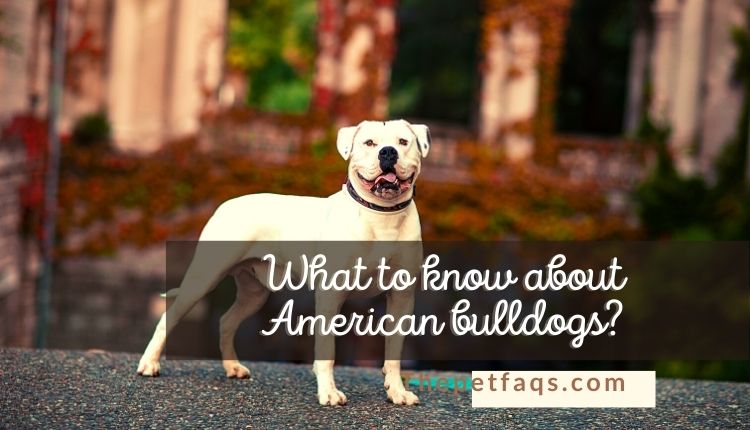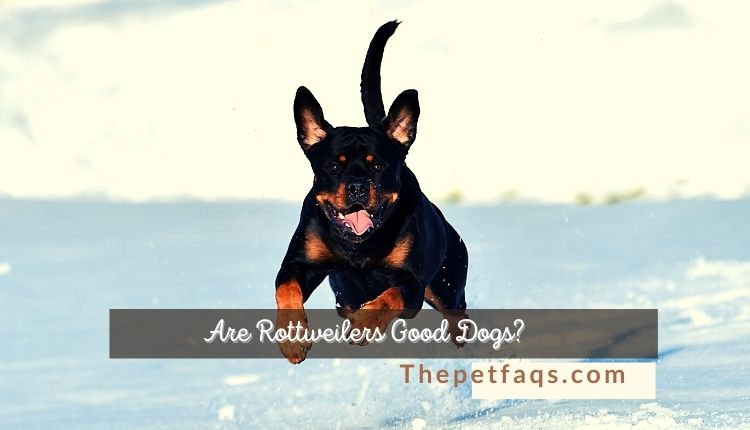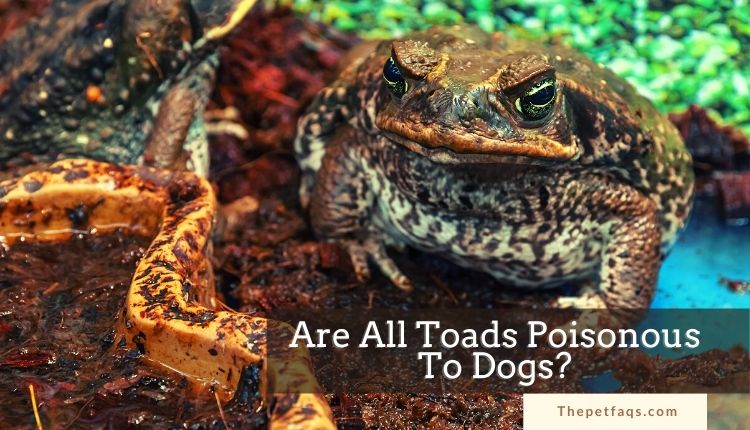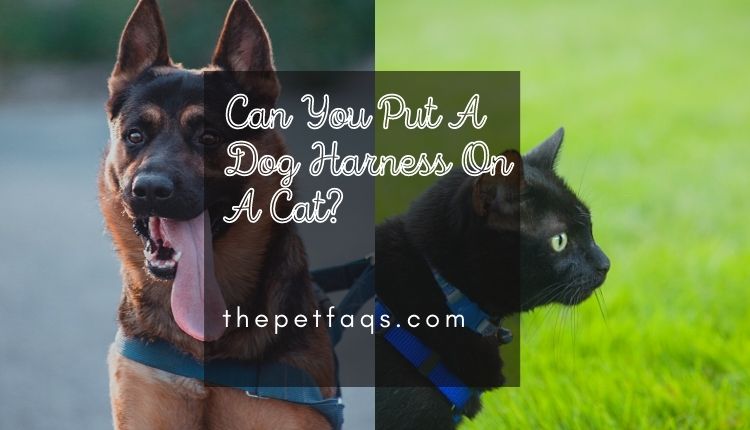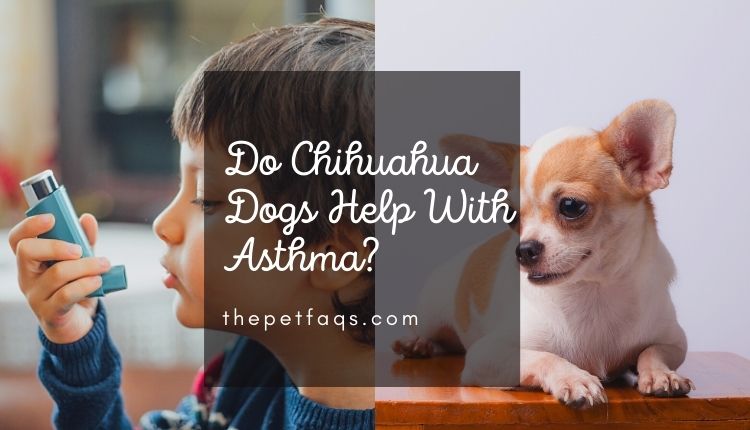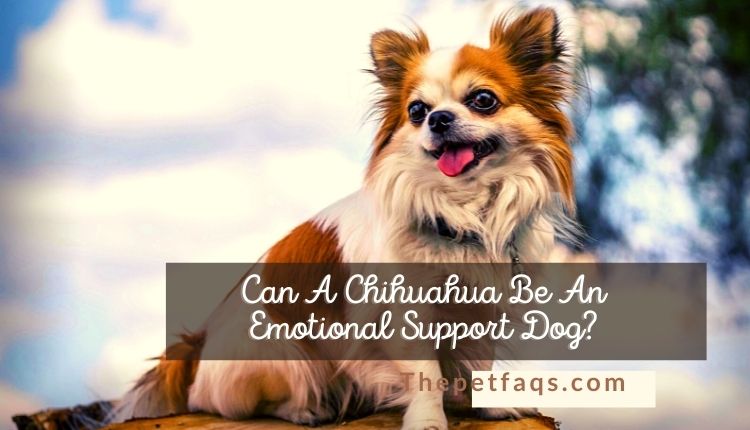The Ultimate Guide On Can Dogs Eat Cat Food Once?
Can Dogs Eat Cat Food Once? Cat food is not ideal for dogs because it is high in protein, fat, and calories. There is no harm in giving a small amount of cat food once in a while.
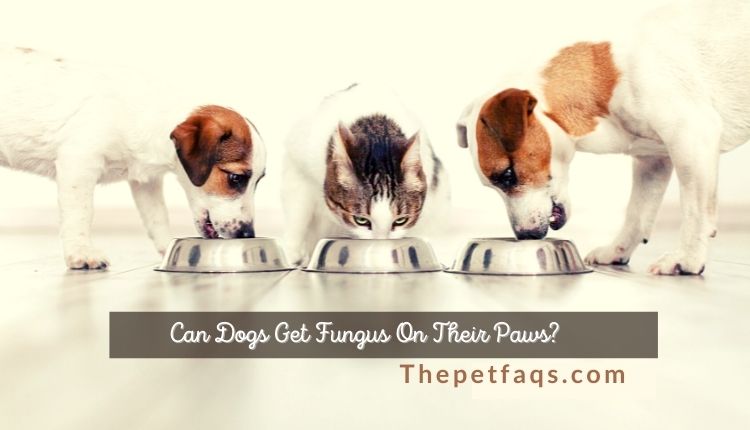
Differences in nutrition between cats and dogs:
Dogs and cats have different nutritional needs. Dogs are omnivores and consume meat and vegetables, while cats are carnivores and mainly eat meat. Dogs need more diverse diets than cats.

Also, dogs need ten amino acids, while cats need 11 amino acids. The extra amino acid they need is taurine, essential for normal vision, heart function, digestion, and a healthy immune system.
To meet the nutritional needs of cats, cat food contains more meat-based protein, taurine, calories, and fat than dog food. That may be one of the reasons why dogs find cat food so attractive. The higher the fat and protein content of cat food, the more fragrant and palatable.
Can dogs eat wet cat food?
For some puppies, for example: for those who suffer from weight loss, loss of appetite, or cancer, cat food can be a good alternative to dog food. This is because, in these cases, cat food is tastier, higher in calories, and nutritionally balanced than some homemade meals.
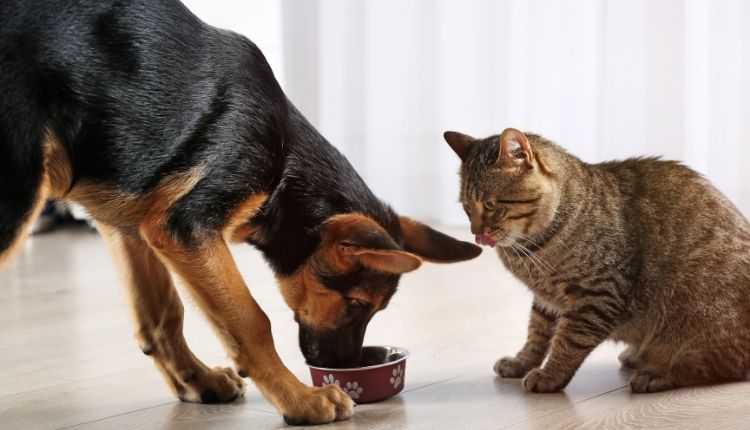
Even a small amount of cat food does not harm healthy adult dogs. However, long-term feeding of cat food to dogs can cause gastrointestinal problems such as diarrhea and gas, as well as allergic reactions. This is because wet cat food has not been tested on dogs.
dogs and cats share a feeding bowl
Can dogs eat dry cat food?
Cat food and cat biscuits can be a much healthier alternative to treat or treat compared to common human foods such as chicken, peanut butter, and cheese.
But again, dry cat food meets the nutritional needs of cats more than dogs. This type of food is fairly high in carbohydrates from meat sources and low in plant-based ingredients. In addition, dry cat food is designed to be chewed by sharp and thin cats and cannot clean dog teeth like dry dog food.
When is cat food bad for dogs?
Over time, when a dog shifts to a cat-based diet, it can suffer from many medical conditions. Some of the most common problems that can occur with dogs that regularly eat cat food include:
Gastrointestinal disorder. A sudden switch to a diet designed for a completely different species will cause diarrhea in dogs. Pancreatitis.
High-fat diets such as cat food can contribute to developing this serious condition that requires immediate treatment. Tooth problems. Cat food and biscuits are too small to chew properly.
This is especially true for medium and large-breed puppies. For dogs suffering from certain health conditions, eating cat food, even in small amounts, can sometimes be a problem. For example, if your dog has a sensitive gastrointestinal tract, you do
Can Dogs Eat Cat Food? What Happens When They Do?
Dogs can and do eat cat food, albeit it’s not always the healthiest option. When dogs eat cat food, they’re typically consuming pre-processed meats and other animal-based products that don’t necessarily meet the nutritional needs of their species.
As a result, over time, this type of diet can lead to many medical issues in dogs – including gastric problems, pancreatitis, and tooth decay. In addition, since cat food is typically lower in plant-based elements, dogs who eat it can miss out on important nutrients that are crucial for their overall health.
Will Cat Food Make My Dog Sick?
There’s no evidence to suggest that eating cat food will cause a dog any health problems. However, if your dog is already struggling with an illness or condition – such as pancreatitis or gluten sensitivities – switching to a cat-based diet could worsen.
In addition, since most commercial pet foods are pre-processed and contain high levels of sugar and other additives, feeding your dog this type of food isn’t always the best option for their overall health.
What if Your Dog Ate Too Much?
If your dog has eaten too much cat food, it may experience gastrointestinal distress such as vomiting, diarrhea, or stomach pain. If this happens, it’s important to seek veterinary help as soon as possible.
In addition, if your dog is demonstrating any other concerning symptoms – such as weight loss or lethargy – you should also contact your veterinarian for advice.
My Dog Ate Cat Food, What Should I Do?
If your dog has eaten cat food, the first thing you should do is contact your veterinarian. Depending on the circumstances, they may require medical treatment in order to deal with any health complications that may have arisen as a result of their consumption.
In addition, if your dog is showing any concerning symptoms such as vomiting or diarrhea – which could be indicative of gastrointestinal distress – please contact your vet right away.
Cats vs. Dogs: Nutritional Needs:
There are several key differences between the nutritional needs of cats and dogs. For starters, cats have a higher requirement for meat-based proteins – which means they need more of these nutrient-rich foods than dogs do.
In addition, while both animals require plenty of water, dogs typically require twice as much as cats do. Finally, when it comes to vitamins and minerals, dog food is usually formulated to include greater amounts of these nutrients than cat food is.
Frequently Asked Questions:
Q: What if my cat ate some of my dog’s food?
A: If your cat has eaten any of the dog’s food, you should contact your veterinarian as soon as possible. Depending on the circumstances, they may require medical treatment in order to deal with any health complications that have arisen from their consumption.
In addition, if your pet is displaying any concerning symptoms such as vomiting or diarrhea – which could be indicative of gastrointestinal distress – please contact your vet as soon as possible.
Final Thoughts:
If you’ve noticed that your dog has ingested any of your cat’s food, it is important to take action as soon as possible. Depending on the circumstances, your veterinarian may require medical treatment in order to deal with any health complications that have arisen from their consumption.
Additionally, if there are any concerning symptoms exhibited by your pet, such as vomiting or diarrhea – which could be indicative of gastrointestinal distress – please contact them immediately.
